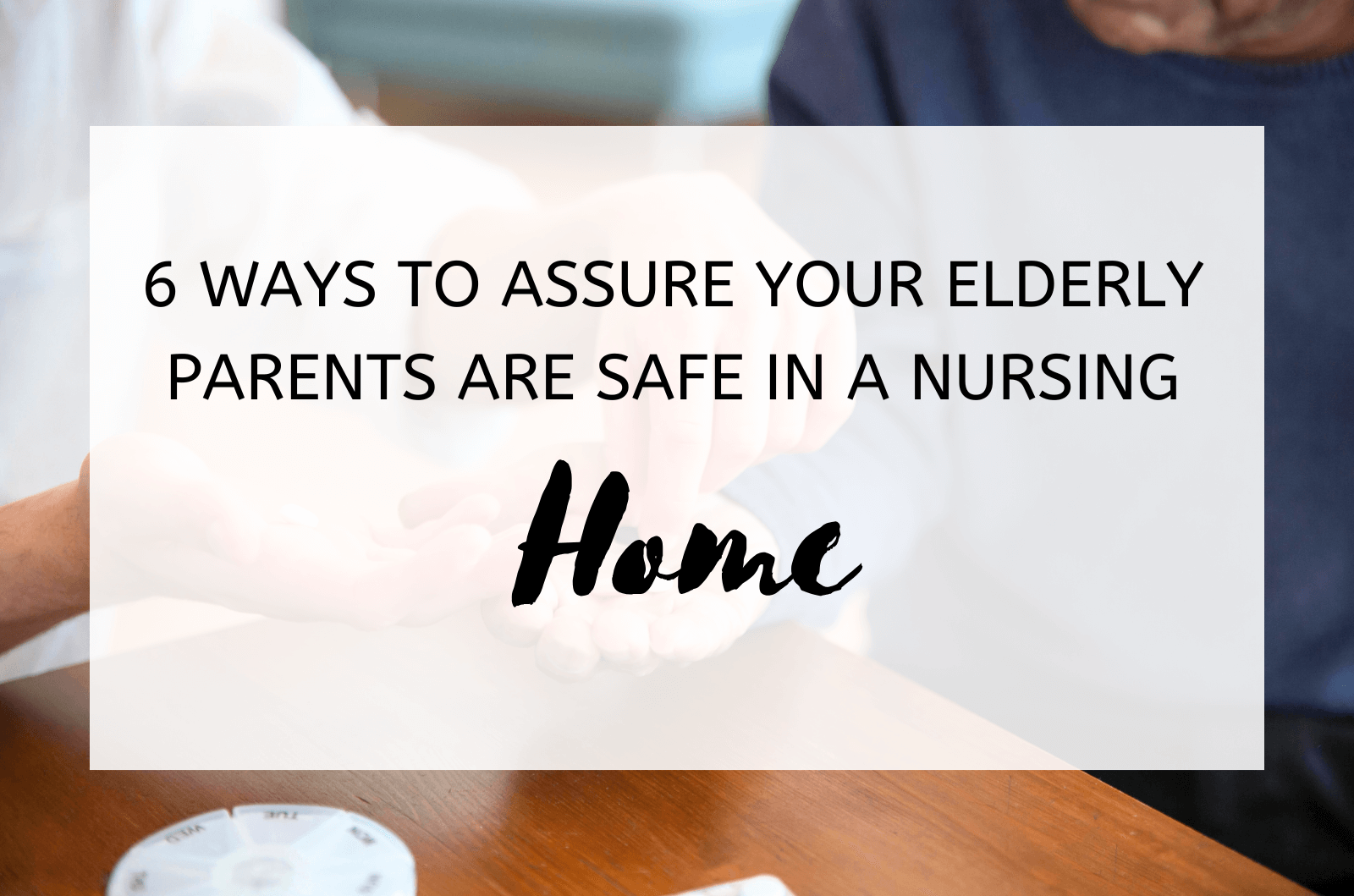When you move your parents into a nursing home, you want to believe they’re in the best hands. You imagine friendly staff, clean rooms, and plenty of care. But the truth is, you can’t just hope for the best and walk away. You have to keep an eye on things and make sure the place is living up to what they promised. The good news is that there are plenty of ways to check in without feeling like you’re constantly on edge.
1. Visit regularly
Nothing tells you more than being there in person. Try to drop by at different times so you’re not only seeing the polished version they put on for planned visits. Look around to see if the place feels clean and comfortable, watch how staff interact with residents, and most importantly, check in with your parents to see how they’re feeling. A casual chat over a cup of tea can reveal more than a formal meeting with management ever could.
2. Pay attention to changes
If your parents suddenly seem withdrawn, have unexplained bruises, or start losing weight without reason, don’t ignore it. These changes can be signs that something isn’t right. Ask questions and don’t be afraid to push for answers if you feel like you’re getting brushed off. You know your parents better than anyone, so trust your gut when something feels off.
3. Know your rights
A lot of families don’t realize they can ask for records, care plans, and incident reports whenever they want. If you suspect something is wrong and you’re not getting straight answers, you can always speak to a tireless nursing home abuse lawyer who knows exactly how to get to the bottom of things. They can guide you on what’s normal, what’s not, and how to protect your parents’ safety without making the situation worse for them.
4. Talk to other families
Other residents’ families are often the best source of honest information. They’re seeing the same day-to-day interactions you are and might have spotted things you’ve missed. Chat to them during visits or at events and compare notes. You’ll quickly work out if your concerns are isolated or if others have noticed the same issues.
5. Build a relationship with the staff
It’s much harder for problems to be swept under the rug when you have a friendly, regular presence in the home. Get to know the caregivers, nurses, and even the kitchen staff by name. Ask about your parent’s day and show genuine interest in the work they do. Most staff want to do their job well, and when they know you’re engaged and watching, it helps keep standards high.
6. Trust but verify
At the end of the day, you want to believe your parents are in a safe, caring environment. Most nursing homes do a good job, but it’s always smart to double-check. Keep visiting, keep talking, and keep asking questions. Your parents spent years looking out for you, and now it’s your turn to make sure they’re treated with the dignity and respect they deserve.





Leave a Reply